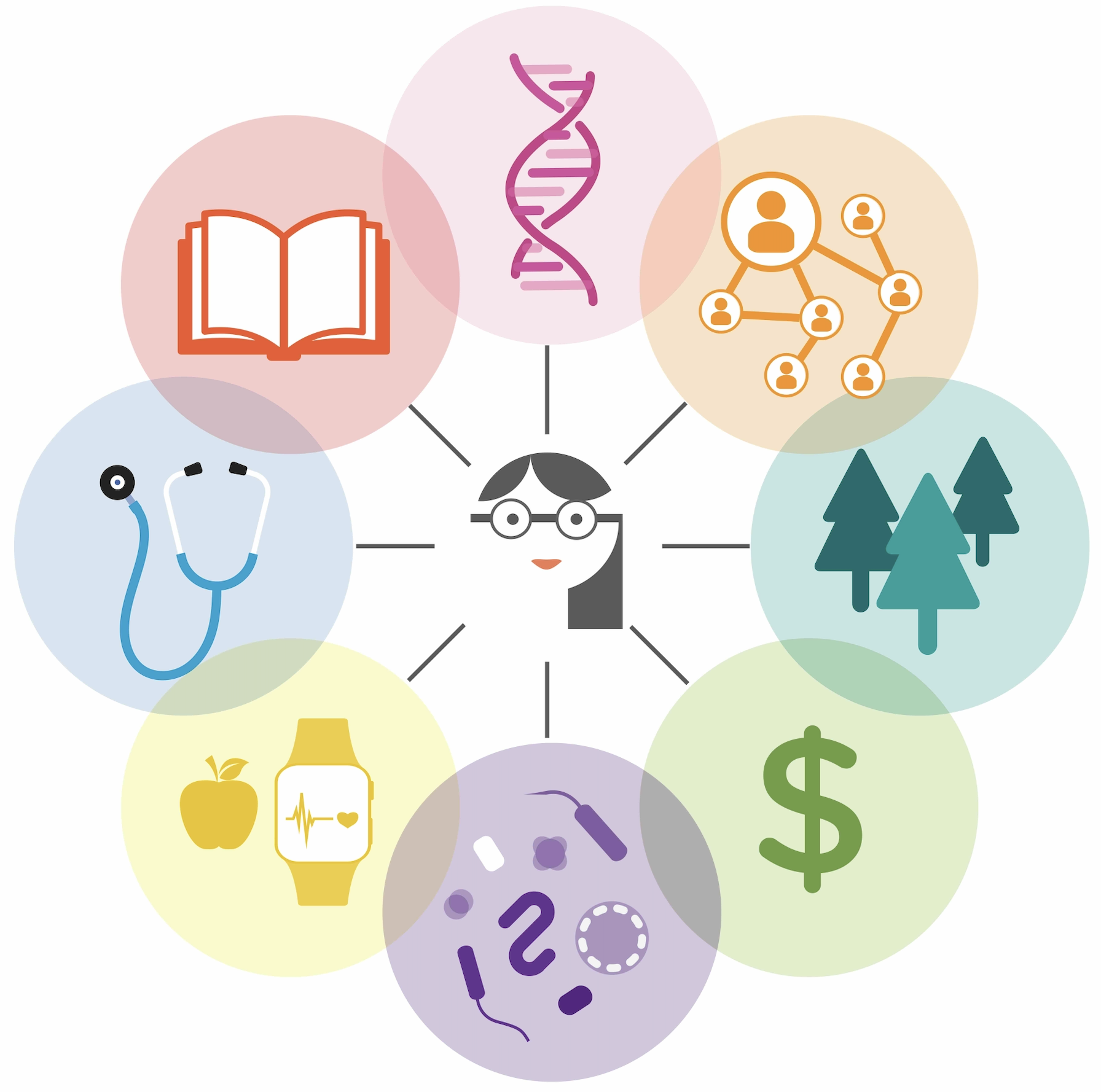Per the The Institute for Functional Medicine:
“Functional medicine is a systems biology–based approach that focuses on identifying and addressing the root cause of disease. Each symptom or differential diagnosis may be one of many contributing to an individual’s illness.
A diagnosis can be the result of more than one cause. For example, depression can be caused by many different factors, including inflammation. Likewise, a cause such as inflammation may lead to a number of different diagnoses, including depression.
The precise manifestation of each cause depends on the individual’s genes, environment, and lifestyle, and only treatments that address the right cause will have lasting benefit beyond symptom suppression.“

When I first thought about functional medicine as systems medicine, something sparked.
It reminded me that within the frameworks of conventional medicine in which I received my core training, we didn’t typically use a body systems framework (other than for the physical exam) in our daily work and documentation UNTIL things were really going off the rails.
Docs — where do you remember being taught to think and document in a sophisticated and regimented way about body systems in relation to the patients for which you were responsible for caring?
For me, it was the INTENSIVE CARE UNIT (ICU) 🤯
Think about that!
We know how important and inter-related these systems are and how we need to think critically about them when we want to make a big and lasting impact, but many of us don’t think this way in day-to-day conventional medicine clinics where we tend to think, document, and talk in terms of “problems” rather than “systems”.
It’s not until enough patched-up problems accumulate that the entire system starts crashing and we finally start paying attention to systems.
In my direct care dermatology practice, I’ll bring back systems-based thinking and apply it much earlier in the disease process in hopes of reversing disease and preventing the crash. We won’t just be talking about your skin, hair, and nails.
This involves thoughtfully combining what I learned in my conventional allopathic medical training with the many other tools available to thoughtful, committed, and collaborative doctors and patients.


